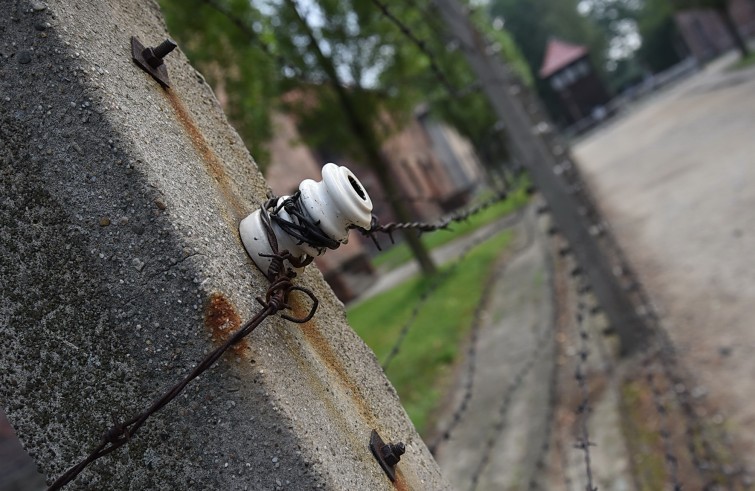
“Holocaust Remembrance Day is being commemorated in an extraordinary year, marked by great sorrow, by pain, by the steady commitment to overcome a pandemic that permeated the whole of humanity. It made us realise that in the face of the spread of evil, everyone is affected indiscriminately, but it also showed us that together, and only together, we can respond”, said the President of Rome’s Jewish Community Ruth Dureghello in a statement to mark this year’s International Holocaust Remembrance Day, commemorated worldwide on January 27, the day on which, in 1945, the Soviet Red Army troops entered the concentration camp of Auschwitz-Birkenau, freeing the Jews imprisoned there and revealing the extent of Nazi-Fascist ferocity. Over the years, the Day has become an opportunity to meet and listen to the stories of Holocaust-survivors. “But they are not the only ones who must ensure that the Shoah never happens again”, Dureghello said.
“That inherent evil has global relevance, and it is therefore the responsibility of us all to take the necessary steps to prevent it from happening again.”
Yet anti-Semitism is growing almost everywhere, in Italy and in Europe. Why is it so hard to eradicate?
Anti-Semitism resurfaces like an underground river that takes on a new form depending on where it worms its way through. It intensifies in times of crisis and social distress because it reflects a form of intolerance manifested through prejudice, and prejudice turns those deemed different into scapegoats of unsolvable wrongs.
Has anti-Semitism taken different forms today?
To begin with, it runs rampant on social media platforms. This is a major concern today. It takes on aggressive forms, frequently scarcely monitored, targeting the younger generations.
Unfortunately, young people, the most vulnerable groups, are the primary targets of hate speech.
How can this evil be combated?
First of all, greater efforts are needed to identify its warning signs, but above all, we demand the indictment of the guilty parties, to ensure that violent slurs and hate speech are never accepted as permissible. It cannot be permitted, it must not be permitted.
As a Jew, what does it mean to be the victim of an anti-Semitic attack?
It’s beyond comprehension, so the first reaction is one of bewilderment. What have I done wrong?
Why am I being attacked for a diversity that I claim as such in a society where the respect of diversity is a founding tenet of our Constitution? But we must never let ourselves be overwhelmed by fear. First of all, because of the awareness of our identity. Secondly, surrendering to fear is the primary objective of our aggressors. Those who attack us seek to humiliate us as individuals and to force us to renounce our defining traits. This should never happen. In fact, the stronger the attack, the stronger we will uphold our values.
What is your message to Italy this year?
The Shoah was followed by humanity. The Shoah taught us that afterwards there was life.
The Jewish communities and the Jewish people continued to live. But the Shoah did happen, and there is always a risk that it will happen again in different guises and forms. We must therefore do all that is necessary to prevent any dangerous drift, but we must do so together if we want to continue living today.











